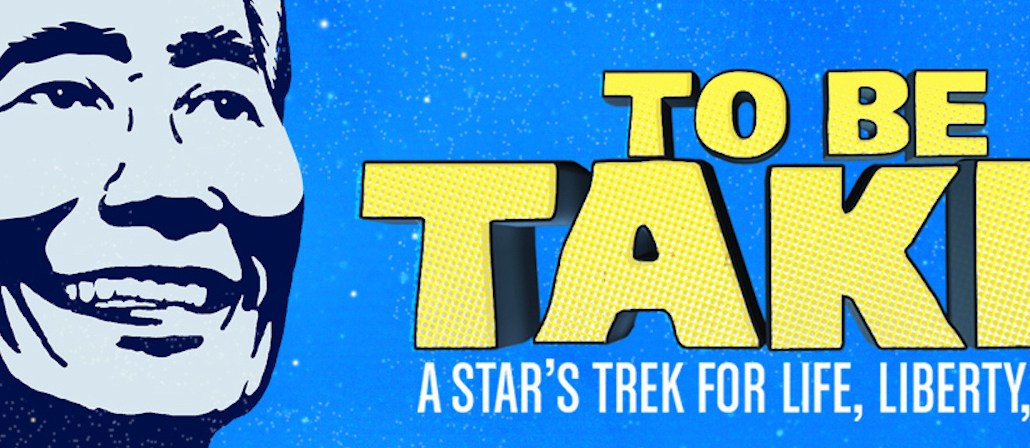Save 50% on a 3-month Digiday+ membership. Ends Dec 5.


George Takei rose to fame on the back of his “Star Trek” character Mr. Sulu. But now, he’s a full-fledged social media influencer, with more than 10 million fans on Facebook, 2 million followers on Twitter and nearly a million on Instagram.
The 79-year-old Takei uses his reach to both further causes like gay rights and the Muslim registry as well as run audience campaigns for publishers like Mic. In fact, his social accounts aren’t a one-man show. He has social influencer shop The Social Edge managing them and striking deals on his behalf.
“He was a natural because of his ability to express his humor and comedic talents,” said Lorenzo Thione, CEO of Social Edge.
While Takei emphasized that his Facebook and Twitter have to be “authentic,” striking a balance isn’t always easy because followers always look towards a more down to earth content and they know when they see an ad. Several celebrities who have a big following base had marketing slip-ups on social before.
Takei’s feeds are filled with science fiction jokes and heartfelt posts on LGBT rights and social justice — and also paid distribution of stories from publishers like Mic and Knowable. Some followers have complained that he posts too much clickbait on Facebook. In response, Takei argued that social is a tool for him to reach people beyond his sci-fi geeks, and articles he has shared reflect his political views or are compatible with the causes he advocates.
“My Facebook page has never been a business for me,” he said after his keynote at the Influence + Engage conference in New York City last Friday. “I use social mainly to talk about issues that relate to me, like LGBT rights, the Muslim registry and the tsunami in Japan. It’s not about which restaurants I went to this week or what kind of car I drive.”
Ad position: web_incontent_pos1

Takei relies on a seven-person team at The Social Edge to suggest articles, schedule posts and analyze metrics. Takei approves or writes all social posts himself.
“I correct Jay’s writing sometimes,” said Takei. “Our cultural standards are lower today — I go to theaters where I see people in shorts and sandals — so we need to maintain some standards. Grammar is the main means to our communication. The meaning of a sentence may change if there’s an apostrophe missing.”
Takei’s team approach has come in for criticism. In 2013, media blogger Jim Romenesko disclosed in his post that comedy writer Rick Polito wrote jokes for Takei’s Facebook page at a rate of $10 apiece. Over the revelation the internet joked that the actor should be named “George Fakei.” Polito later clarified “I don’t update his page. I’ve had no direct contact with George. I’ve sent him some memes, as have other comedian types and I was happy for the exposure.”
Takei wrote to Wired that “What is this hoo-ha about my Facebook posts? I have Brad, my husband, to help me, and interns to assist…The commentaries are mine. They are authentically mine, I assure you.”
Ad position: web_incontent_pos2
Takei said that he is not afraid of being judged by people on social because he has thick skin. And he will continue to post his political views to guide followers who may feel confused after this election cycle. After all, president-elect Trump is the one who has influenced Takei most on social.
“Donald Trump is the greatest adversary we have right now but I think that he is a person who doesn’t have any core values,” he said. “He is so changeable that what we need him to do is finally commit.”
The truly SAD thing: Our President-elect fills us with revulsion, embarrassment. He's not fit to our watch our dogs let alone lead a nation.
— George Takei (@GeorgeTakei) January 16, 2017
Photo courtesy of Victoria Will/Invision/AP
More in Marketing

Ulta, Best Buy and Adidas dominate AI holiday shopping mentions
The brands that are seeing the biggest boost from this shift in consumer behavior are some of the biggest retailers.

U.K. retailer Boots leads brand efforts to invest in ad creative’s data layer
For media dollars to make an impact, brands need ad creative that actually hits. More CMOs are investing in pre- and post-flight measurement.
Ad position: web_bfu



